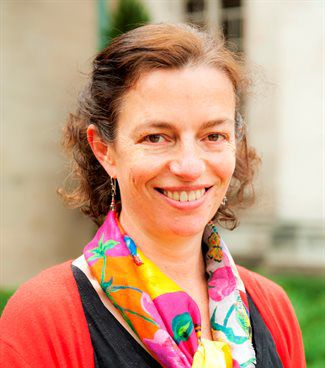Supporting resilience and social inclusion for young people of refugee backgrounds: An Australian case study
- Location
- Muirhead Tower room 118
- Dates
- Tuesday 14 May 2019 (17:00-18:30)

SPEAKER: Dr Karen Block University of Melbourne, hosted by IRiS
Young people of refugee backgrounds face multiple challenges in engaging in education and employment following settlement in Australia. Pre-arrival experiences are characterised by exposure to violence, loss, persecution, perpetration of human rights violations and forced displacement that includes prolonged insecurity and often protracted periods in transit countries with significant disruptions to formal education. Post-settlement challenges include learning a new language, adapting to unfamiliar systems, and discrimination, often accompanied by economic and social marginalisation.
The Ucan2 program has been developed cognisant of these experiences to support the social inclusion of newly arrived young people of refugee backgrounds aged 16 to 25. It focuses on building on young people’s strengths, integrating their past and present experiences and supporting their future. It aims to support learning and employment pathways that connect young people of refugee backgrounds into the Australian community by combining an integrated group work program, work experience and mentors from major Australian employers.
This presentation focuses on results from mixed methods research with 215 current and 132 past Ucan2 participants and 37 other stakeholders including facilitators, teachers, volunteers and mentors. The findings indicated that Ucan2 effectively supports young people of refugee backgrounds by providing a holistic response to the challenges they face; fostering resilience confidence and self-efficacy, English language learning, social connectedness, and participation in employment and education. It is highly valued by the young people who participated and by the range of other stakeholders who took part in the evaluation.